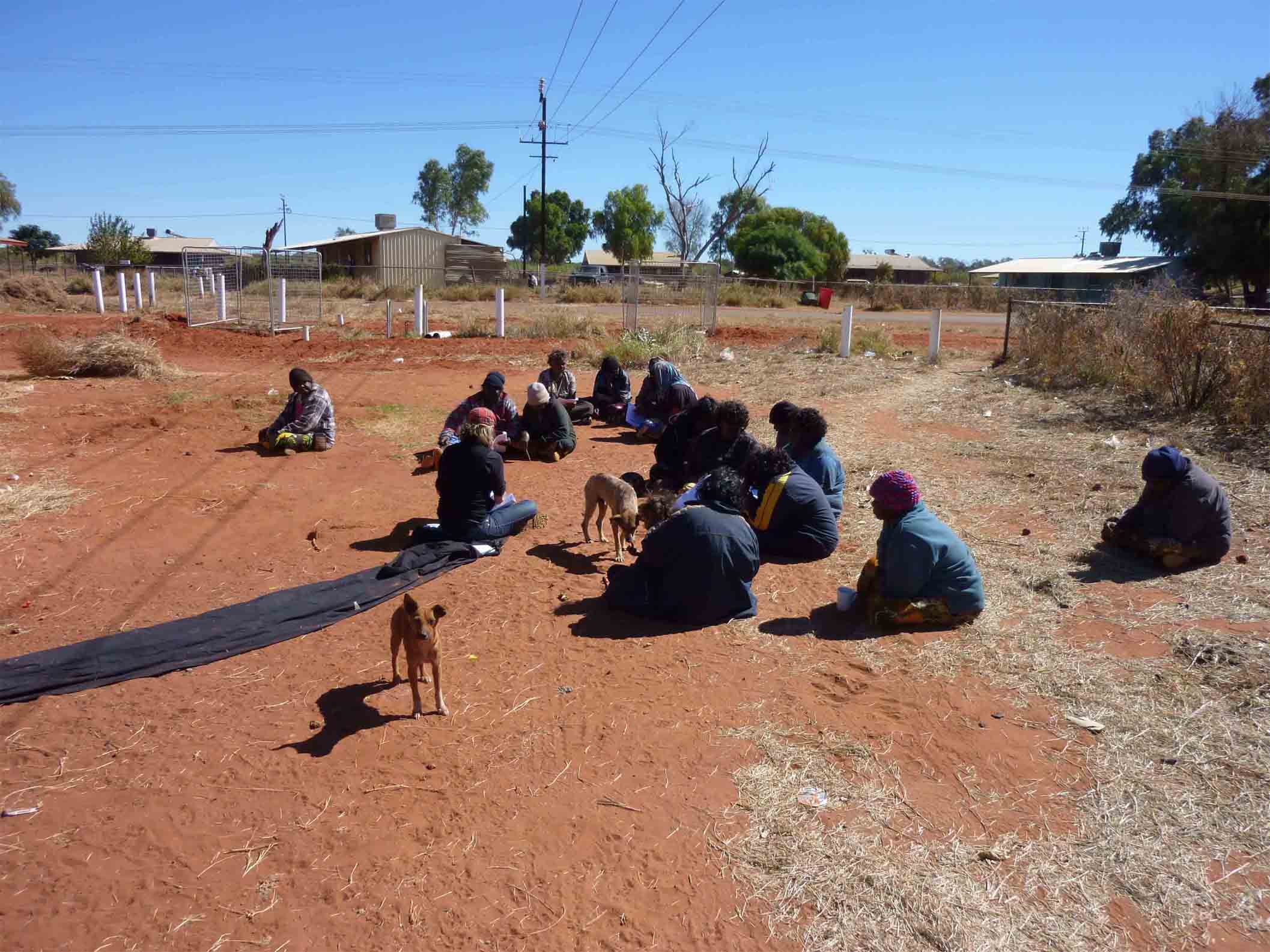Insurance claims in the aftermath of floods
It is important to understand how flood and other water-related events may be covered under your insurance policy. Insurance policies are full of custom-made terms and definitions which may differ between every insurer.
Standard definition of flood in Australia
Flood is defined in the law as:
“The covering of normally dry land by water that has escaped or been released from the normal confines of: any lake, or any river, creek or other natural watercourse, whether or not altered or modified, or reservoir, canal or dam”.
Determine if your policy covers flood damage
You only have insurance for those events listed in the policy. Therefore, it is crucial that you check the insured events under the policy.
By law, an insurer must clearly inform you whether your policy provides insurance coverage from flood. This is usually written on the policy documents.
Some home and contents insurance policies will offer coverage for flood damage as a standard inclusion. Other policies exclude flood damage altogether, or only provide it if it’s purchased as an additional cover if you pay a premium for coverage. This differs from insurer to insurer.
What happens if you don’t have flood cover?
Even if your insurance policy excludes flood damage, your policy may still cover you for events such as storm or rainwater damage. Under these events, there may be some scope for insurance coverage. For example, if your ceiling is leaking this may be the result of rainwater runoff.
In these circumstances, it is important to understand what caused the loss. Insurers will often require you to prove causation. This means you must prove that the damage was caused by an event that is covered under your policy.
Not sure if you are covered?
Check your policy wording or talk to your insurer if you do not understand what you are covered for.
You should ask your insurer for:
- Your Product Disclosure Statement and Policy Schedule; and
- Your Certificate of Insurance covering the date of the flood.
See https://insurancelaw.org.au/factsheets/flood-insurance-guide-factsheet/ for further information on how to work out if damage was caused by a storm or rainwater.
How to get the most out of your insurance coverage
As part of assessing the claim, insurers will often appoint assessors to look at the damage to your property to determine whether you are covered under the policy.
To assist the insurer and maximise your chances of coverage, you should:
- Document everything including statements of what has happened.
- Take photos or videos of damaged items.
- Make a list of damaged items and provide quotes or invoices if possible.
- Obtain your insurer’s consent before disposing of items.
- Take reasonable steps to minimise your loss (do not contribute to the worsening of the damage).
Problems with your insurance
Insurers have a duty of good faith. This means that they are under certain obligations to handle claims with full and frank disclosure, clarity, candour and timeliness.
If your insurer is not making a decision and not informing you whether further information is required or why there is a delay, you may wish to lodge a dispute directly with your insurer. Alternatively, you can make a complaint to the Australian Financial Complaints Authority (AFCA). AFCA is an independent dispute resolution process that assists individuals make and resolve complaints about their insurers.
It is important to keep in mind that tens of thousands of insurance claims have already been lodged, leaving insurers with one of the biggest flood claim events in Australian history. Given the scale of the loss, we expect that there may be significant delays from insurers making decisions in relation to your cover. In the circumstances of an extraordinary catastrophe or disaster this may take up to 12 months.
If your claim is rejected, ask your insurer to provide you with a rejection letter providing reasons. Following this, you can contact Arts Law for legal advice here.
Beware of storm chasers
Storm chasers often engage in predatory practices that prey on vulnerable individuals after a natural disaster. Storm chasers offer individuals services to manage their insurance claims on their behalf. In doing so, they often prompt insurers for fast, cash settlements and take a certain percentage of the settlement sum. This leaves individuals out-of-pocket.
These practices are now regulated by Australian Securities and Investments Commission (ASIC). A stormer chaser is required to hold an Australia Financial Services License (issued by ASIC), provide the customer with a Financial Services Guide outlining who they are and what they do, and are required to be a member of AFCA (the complaints authority mentioned in this information sheet above).
If a storm chaser cannot provide you with the above information, then it is likely that they are operating unlawfully.
By paying for insurance, your insurer will manage a claim on your behalf. Insurance services are heavily regulated, meaning that they are under strict obligations to assist you. Therefore, there is no need to engage with storm chasers.
Disclaimer
The information in this information sheet is general. It does not constitute, and should be not relied on as, legal advice. The Arts Law Centre of Australia (Arts Law) recommends seeking advice from a qualified lawyer on the legal issues affecting you before acting on any legal matter.
While Arts Law tries to ensure that the content of this information sheet is accurate, adequate or complete, it does not represent or warrant its accuracy, adequacy or completeness. Arts Law is not responsible for any loss suffered as a result of or in relation to the use of this information sheet. To the extent permitted by law, Arts Law excludes any liability, including any liability for negligence, for any loss, including indirect or consequential damages arising from or in relation to the use of this information sheet.
© Arts Law Centre of Australia
You may photocopy this information sheet for a non-profit purpose, provided you copy all of it, and you do not alter it in any way. Check you have the most recent version by contacting us on (02) 9356 2566 or tollfree outside Sydney on 1800 221 457.
The Arts Law Centre of Australia has been assisted by the Commonwealth Government through the Australia Council, its arts funding and advisory body.




